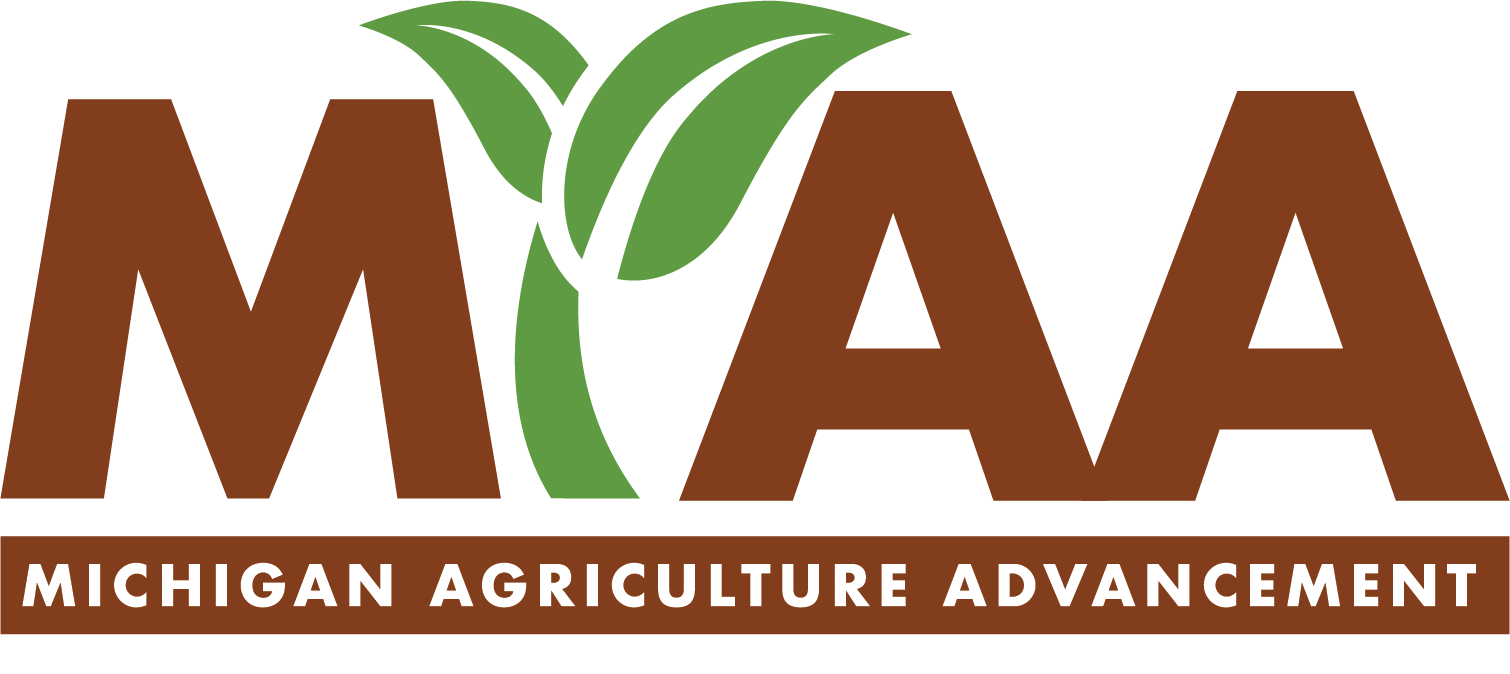Michigan Agriculture Advancement
Improving the economic, Social, and environmental state of Michigan agriculture
Subscribe TO newsletter
About MIAA
Michigan Agriculture Advancement empowers alternatives to the commodity agriculture system that has prioritized production efficiencies at the expense of farm resiliency, production flexibility, food value, and environmental impacts. MiAA supports the work of innovative farmers building soil health and diversifying crop rotations. Recognizing the value of these changes extends beyond the farm through limited environmental impacts and enhanced local food economies, MiAA works for policies and investments to achieve a stronger agriculture system in Michigan.
Our Mission & Focus
MiAA is a bridge organization that provides realistic, pragmatic solutions to the dual need for farm profitability and environmental stewardship to improve Michiganders’ quality of life. MiAA facilitates strong networks and markets and coordinates statewide programs to help farmers diversify production and improve soil health to become profitable and resilient.
Our vision is that Michigan agriculture is the backbone of thriving rural communities and local and regional economies that provide a rich quality of life for all. It is flexible, resilient, and nourishes all Michiganders with nutrient dense food and quality fiber grown in a way that enhances our natural resources.
We value and work for:
- Trusted relationships and strong social networks
- Diverse farming systems providing nutrient dense food
- Environmental stewardship
- Improved quality of life and equitable access to good food for all
- Strong, vibrant rural communities
- Entrepreneurial and innovative efforts and solutions
- Strong local and regional economies for food and ag products
- Building for the next generation
- Science-based information and local wisdom
- Straight talk on current and future state of agriculture
On the farm level, MiAA is working to drive soil health and diverse rotations. That improved soil health comes through decreased reliance on chemical inputs and tillage, use of cover crops, and rotational diversity. These are management practices that can cut input costs, improve weather resiliency, and decrease economic risk.
Externally, the environmental outcomes of these practices must be used as a driver of adoption as well. Soils with greater water holding capacity and rainfall infiltration are better able to keep water in the field, reducing the downstream flashiness of intense rainfall events. Water that does leave the field is cleaner, with fewer nutrients and less eroded soil. The soil quality attributes reduce the susceptibility to drought, decreasing the dependence on insurance and emergency government assistance. Carbon is retained in these systems, contributing to global climate change concerns.
On a structural level, market development must take place to facilitate a more diverse mix of crops. The value of crops must be leveraged, be it the value of proximity to consumers, nutritional content, or environmental footprint of production practices. Economic development initiatives to support rural economies can be leveraged to augment this work. Free market practices must be enacted, curtailing the long standing artificial economic support for corn and soybean production.
This broad, complex combination of technical, social, economic, political barriers is daunting, but innovative individuals and companies all along the food chain are already working to make these changes happen. MiAA seeks to support that work and serve as an advocate on their behalf, thereby improving the economic and environmental landscape of Michigan agriculture.
Pursuing a Brighter Future for
Michigan Agriculture
The direction is clear, and the first step is to throw your weight around on matters of right and wrong in land-use.
Cease being intimidated by the argument that a right action is impossible because it does not yield maximum profits,
or that a wrong action is to be condoned because it pays.
That philosophy is dead in human relations, and its funeral in land-relations is overdue.
